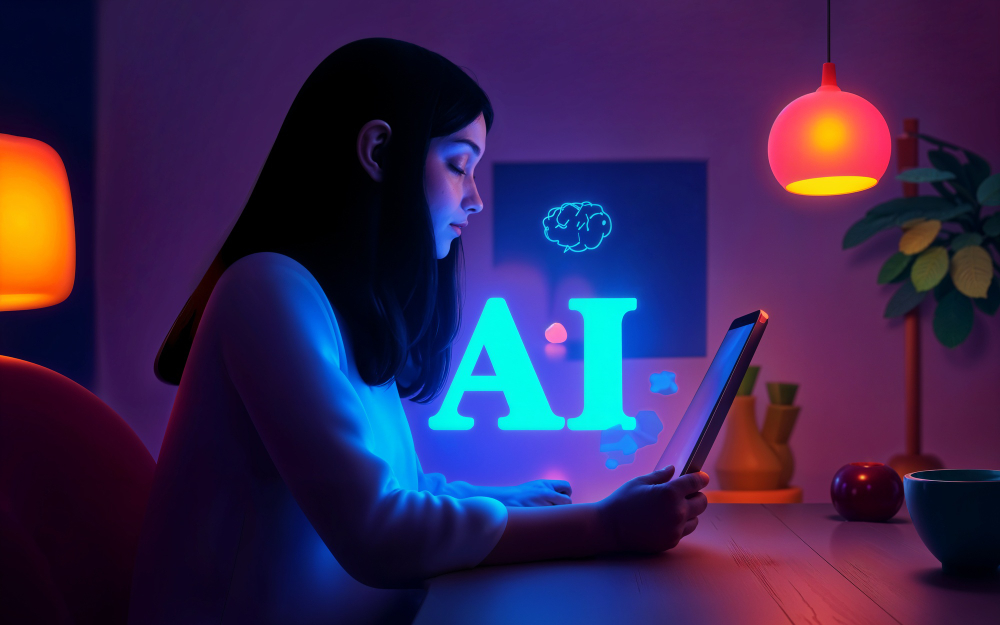In an era where technology ceaselessly reshapes our lives, eLearning stands at the forefront of educational evolution. The advent of generative AI in this domain is more than a mere enhancement—it’s a profound revolution. Generative AI, a subset of artificial intelligence, focuses on creating new content—text, images, and music, among other forms—with minimal human intervention. This transformative capability has far-reaching implications for eLearning, offering unparalleled opportunities to individualize learning experiences, streamline content creation, and provide cost-effective educational solutions.
Generative AI enables personalized learning like never before. Traditional eLearning courses often adopt a one-size-fits-all approach, offering the same content in the same sequence to everyone. However, generative AI brings sophistication to this model by crafting educational materials that dynamically adapt to individual learner’s needs, progress, and preferences. By analyzing massive datasets of student interactions, AI-driven platforms can identify unique learning styles and challenges, subsequently generating customized content that helps every learner achieve their potential at their own pace.
One key advantage of generative AI lies in its ability to facilitate rapid content generation. Creating educational materials is often labor-intensive and costly. Educators and content developers must carefully design each module, often requiring significant expertise and time investment. However, with AI at the helm, content developers can automate much of this process. This technology can churn out detailed tutorials, quizzes, and learning modules with remarkable speed and accuracy. Such efficiency not only reduces costs but also ensures that educational content remains current and relevant in an ever-changing educational landscape.
Generative AI’s capacity for automating assessments and immediate feedback further empowers the eLearning industry. Traditional assessments are often slow and time-consuming to grade, leading to delayed feedback for students. AI can automate these processes, providing instant analysis and insightful feedback to learners. This immediacy allows educators to identify areas of struggle and success, tailoring future learning experiences more effectively. Instant feedback loops not only enhance learning but also keep students engaged and motivated as they clearly see their progress.
Creativity and innovation in course design are also seeing an upswing with generative AI. This technology enables educators to experiment with new learning modalities, such as immersive simulations and gamified learning paths. AI can generate realistic simulations that provide experiential learning opportunities, especially valuable in fields such as medicine, engineering, and the sciences. This hands-on approach fosters a deeper understanding of complex concepts in a controlled, virtual environment, enhancing both engagement and retention of knowledge.
Despite its potential, generative AI in education is not without limitations. Concerns around data privacy, ethical use, and dependency on AI can create barriers. When integrating AI into learning systems, it is crucial to strike a balance that maintains educational integrity without compromising learner data privacy. Clarity in AI applications and transparency in data use policies are essential to build trust among users and stakeholders. Additionally, educators must be proactive in addressing the potential bias in AI systems to ensure equitable learning opportunities for all students.
The revolution of generative AI in eLearning necessitates a critical balance of embracing innovation and addressing associated challenges. As educational institutions and educators integrate this technology into their teaching models, it opens exciting possibilities for learning experiences that are more inclusive, engaging, and effective. Ultimately, the future of education will be defined by how creatively and responsibly we implement generative AI to inspire and empower the next generation of learners. The journey of reimagining eLearning is just beginning, and the call to action is clear: enthusiastically embrace the future while conscientiously navigating its complexities.
